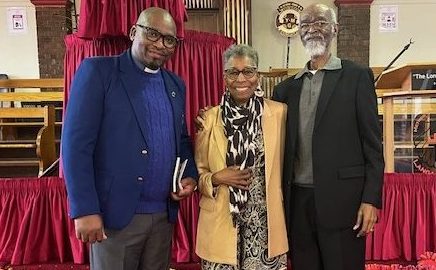
As a 15-year prostate cancer survivor, I am troubled by the data that Black men still die of prostate cancer at a rate higher than other men in America. I say still because this was true in 2014 when I was a five-year survivor and wrote “Prostate Cancer Dream Theft,” and asked, “Aren’t all men in America entitled to a life full of hopes and dreams?”
I was 59 years-young when diagnosed with early-stage prostate cancer because I insisted on a biopsy, even though my Prostate Specific Antigen Test, commonly referred to as PSA score, was less than 4.0. The PSA is a potentially life-saving test that can help identify if a biopsy is necessary.
My biopsy came back positive for prostate cancer with a Gleason score of 3+3, which gave me plenty of options. I could have participated in Active Surveillance (a form of waiting). I chose robotic surgery like Secretary of Defense Lloyd Austin, but unlike him, I had no side effects. My PSA has been undetectable since surgery. My previous cancers (28-year tongue and 26-year neck) have taught me the importance of early detection and self-advocacy. Now I share information with other Black men, so they can hopefully detect potential prostate cancer at an early stage — like I did.
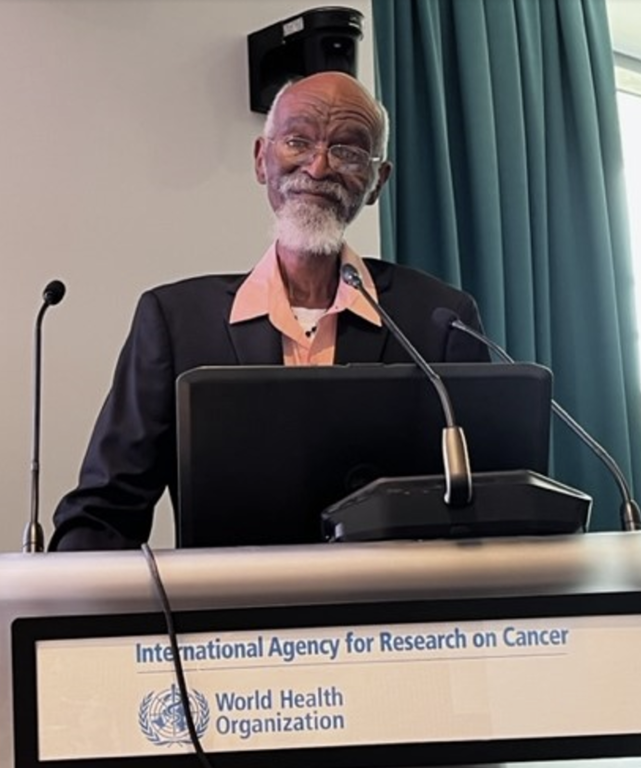
One of the things I learned on my cancer journey is that Black men don’t talk about their health with each other, perhaps because it makes us feel vulnerable. The Oakland Prostate Support Group provides us space to share our feelings. Besides supporting each other, we have conducted numerous public outreaches, where we provide free prostate digital rectum exam and PSA testing along with follow-up if necessary. At these events, our support group has served an increased number of Black men in their 40’s and 50’s and we have noticed more support group attendees in their early 50’s diagnosed with prostate cancer.
Unfortunately, in 2012, American doctors accepted the US Preventative Services Task Force (USPSTF) “D” grade, as a reason to offer fewer PSA screening. Question: Was that decision associated with prostate cancer–specific mortality? A USPSTF study states, “In the years after the Grade D recommendation, there have been decreases in PSA testing, prostate biopsies, and prostate cancer diagnoses. These decreases have been accompanied by a shift to higher-stage disease, including more metastatic prostate cancers at diagnosis and fewer low-grade prostate cancers.”
The USPSTF changed its grade to “C” six years later, which encourages men 55 to 69-years old to discuss PSA testing with their doctor. However, all Black men should at least follow the American Urological Association’s recommendation, which encourages offering prostate cancer screening beginning at age 40 to 45 years for people at increased risk such as Black ancestry, germline mutations, or strong family history of prostate cancer.
I had been a patient advocated for over 20 years before working with Kim Rhoads, MD, of the University California San Francisco to help launch a community-based organization called Umoja Health to combat COVID-19 in underserved areas of East Oakland. She later invited me to become a patient advocate on Team Prominent (TP), an international research project investigating the roles mutations and promoters play in causing cancer. After being on TP for a year, I was invited to France to address TP’s retreat at the World Health Organization (WHO) in Lyon, France this past fall.
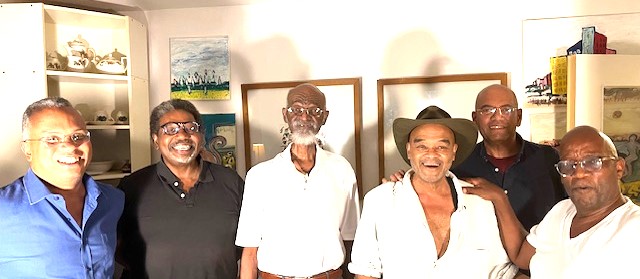
En route, my wife Monica and I stopped in Paris. We visited a long time Oakland resident, family friend Ricki Stevenson, founder of Black Paris Tours. I asked Ricki to introduce me to some Black expat men, so we could talk about prostate cancer. I was surprised most of these successful, educated expats, who left America to pursuit their dreams, didn’t know their PSA test score, which for most men starts out at less than zero.
I learned France doesn’t offer a national prostate cancer screening program. However, all of the expats have access to free medical care. Some shared they didn’t know about PSA and others expressed fear. I shared with them lessons learned from years of advocacy and support group membership: Become your own patient advocate: 1) feed your spirit, 2) eat nutritious food, 3) get plenty of exercise, 4) get regular health check-ups, 5) conduct medical research — be prepared to ask questions and 6) take someone with you to hear what you missed.
Harvard educated author of Viper’s Dream, Jake Lamar, the man in the bright blue shirt, knew his PSA was “good.” I told him, “I was diagnosed with prostate cancer in 2008, only because I had tracked my PSA numbers and convinced my urologist to take a biopsy.” My robotic surgery stopped potential metastasis and death.
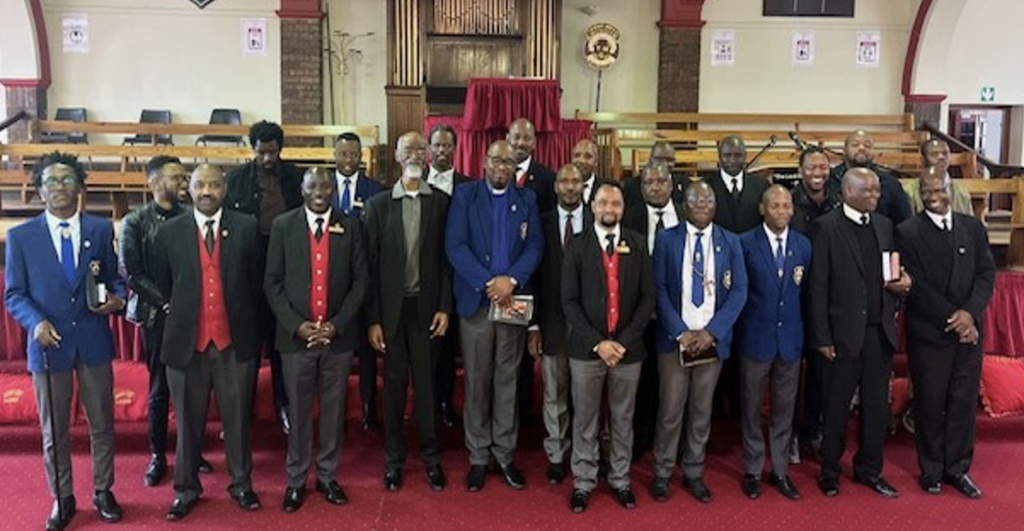
Monica and I left sunny Lyon, and headed below the equator to Cape Town, the first of several cities that we visited in South Africa. Adjacent to Cape Town is Langa, the oldest township in South Africa, where the Boers forced relocated Indigenous Africans in the 1920s, similar to America’s “Trails of Tears.” Like other townships, Langa is located close enough for workers to get to work but not live in the city.
I addressed men at the Langa United Methodist Church. We heard intergenerational voices from preteens to seniors melding together in the Xhosa language, clicking their tongues harmonically like singer Miriam Makeba. We didn’t understand their songs, but our ears were soothed and our eyes feasted on youth involvement. For this experience, we thank Reverend Kelvin Sauls, a native South African, co-founder of Beloved Community Coalition, and a former minister of Downs Memorial United Methodist Church of Oakland.
And I wasn’t surprised when none of the men knew their PSA score; however, a man named Nathaniel Masiza said, “My father died from prostate cancer,” which places him at higher risk. I left the men with a handout I developed, which explains cancer, PSA testing, and tips to support achieving their dreams. I also told Nathaniel, “I would ask Reverend Sauls to follow up with him.” These men have access to free clinics, but they said it wasn’t as good as private care. The informational handout I developed will help the attendees’ become advocates.

The South African Urological Association Prostate Cancer Foundation acknowledges South African Black men are more likely to get prostate cancer at a younger age and a more aggressive type. They recommend Black South African men consider PSA screening at age 40 and other men at age 45, which is similar to the American Urological Association recommendation and information our Oakland Prostate Support Group shares with its community.
I made my last prostate cancer presentation at a Technical High School in the Ennerdale Township, just outside of Johannesburg, which is part of the South Western Townships Organization known as S.O.W.ET.O.
I spoke to a room full of students and faculty. A man named Juliun Brown expressed the classic male health concern. He said, “A part of me wants to know about my health and another part of me is scared of the answer.” I told him, “While you may not know about the disease, you may still have it and it could kill you. But if you knew, that would give you a fighting chance of surviving.” I saw him nod his head. Seeing his acknowledgement made me feel successful and just maybe Juliun will continue our conversation with other South African men.
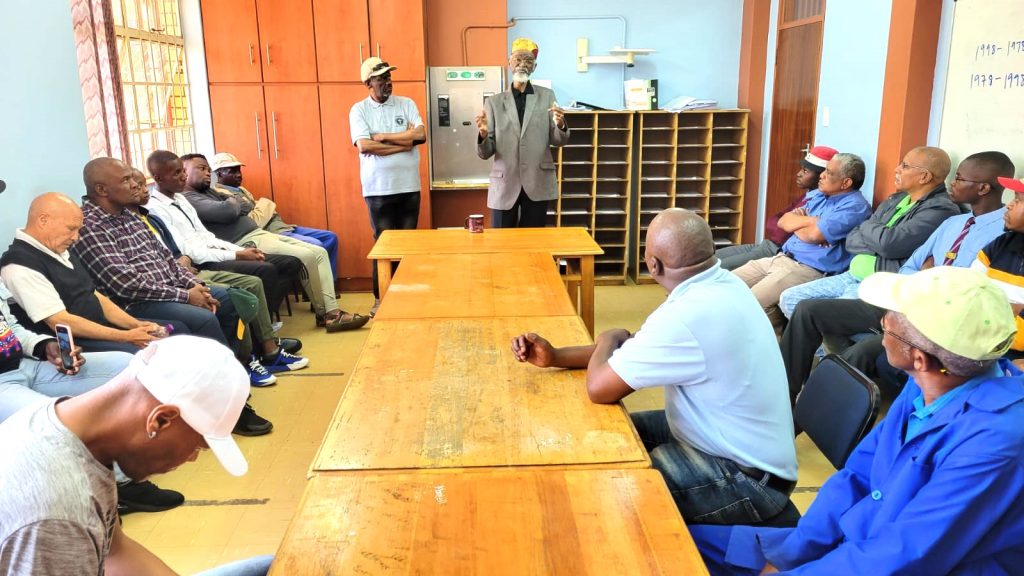
Gerald Green is a retired Mechanical Engineer. In 2007, Congresswoman Barbara Lee honored him for his: 1) engineering expertise, 2) 10 years’ service as a mentor volunteer to at-risk youth, and 3) for being a distinguished writer. Baba Green released his memoir, "Life Constricted: To Love, Hugs and Laughter," in 2010, which chronicled his family’s victories over tongue cancer in 1995, neck cancer in 1997 and prostate cancer in 2008. He has published numerous articles and is currently writing a book about African American men’s journey with prostate cancer. Baba Green is a member of the Eastern Cooperative Oncology Group-American College Radiology Imaging Network, where he serves as an advocate on the Head and Neck Committee. He, also, advocates for the Prostate Health Support Group for African American Men, sponsored by the University of California at San Francisco Helen Diller Family Comprehensive Cancer Center and Alameda County.


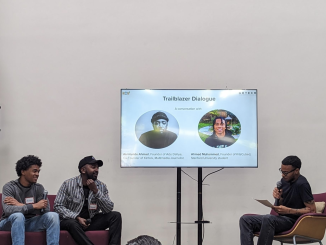
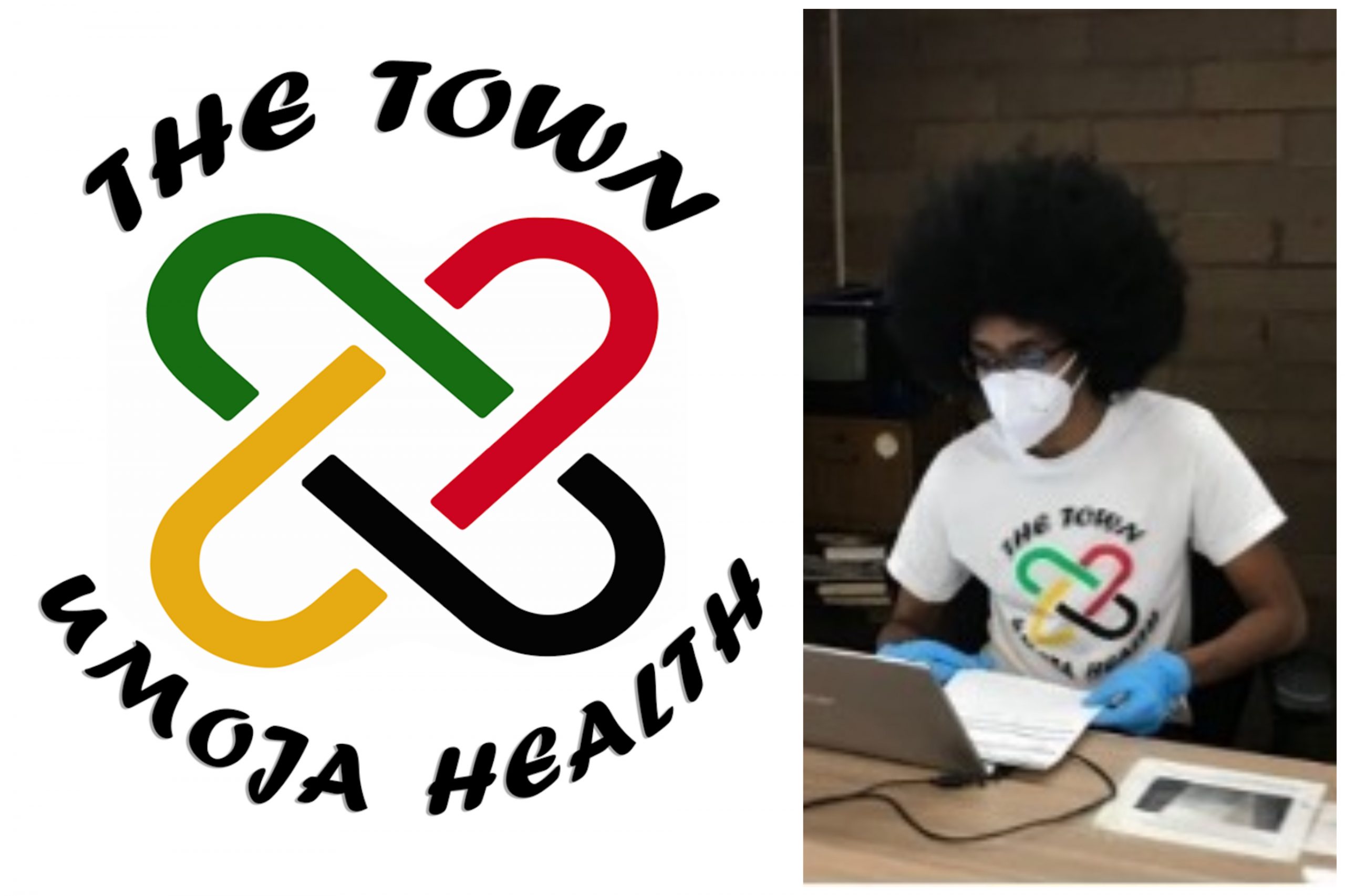
Be the first to comment